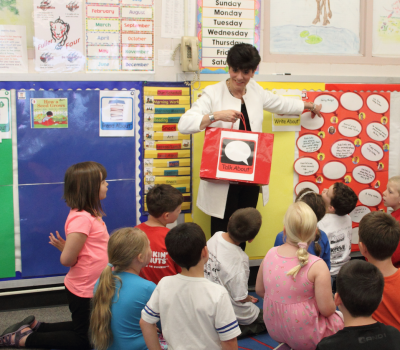


Our team sorts through all blog submissions to place them in the categories they fit the most - meaning it's never been simpler to gain advice and new knowledge for topics most important for you. This is why we have created this straight-forward guide to help you navigate our system.


And there you have it! Now your collection of blogs are catered to your chosen topics and are ready for you to explore. Plus, if you frequently return to the same categories you can bookmark your current URL and we will save your choices on return. Happy Reading!
…for Bullying, Low Self-Esteem, Drug Abuse or Knife and Gun Violence
“Many streets in urban Britain are thick with warm flowers and cold blood”
Mary Riddell from The Daily Telegraph
How can we support the most vulnerable children?

Research suggests that infants in loveless, violent and abusive homes will have had their emotions hard-wired and damaged by the time they are only 18 months old.
George Hosking, a clinical criminologist whose charity, the Wave Trust, spent nine years researching the roots of violence argues that a susceptibility to brutal crime is established in the first few months of a child’s life.
Add to that the triggers of drugs, alcohol, hormones and boredom in the teenage years and you have an ominous recipe in some children for disaster during the transition or “waiting” years of early adolescence to finding a job.
It’s like shaking a fizzy bottle of champagne with the cork still firmly stuck in and just waiting for the bubbles to explode.
The message from all the research is to intervene early and to support, nurture and teach parents the skills, strategies and techniques of positive, assertive and confident parenting.
It’s not a simplistic problem and there is no quick fix, or one size fits all answers. But if schools and parents and other professionals work together, at least more of the pieces of the jigsaw begin to fit together.
As a former Deputy Head and Head of PSHCE (Personal, Social, Health and Citizenship Education) weekly PSHE lessons are a great place to teach empathy, respect, understanding and self-esteem. They provide a safe place to open up children’s emotional valves and to allow them to feel heard and understood. It is also safe place to teach, support and explore with children the dangers and consequences of carrying knives, guns or other dangerous weapons.
Kids get involved in gangs out of fear, self-protection, self-defenses, or to harass, intimidate or to command “respect” amongst their peers or sometimes just to feel a sense of belonging. But research has proved that early intervention, particularly around the age of eight, can have a positive influence on them before the bravado of adolescence kicks in and can prevent kids from getting involved in drug running gangs.
The Safety Box is an organization that goes into schools proactively addressing bullying, low self-esteem, drug abuse and knife and gun violence and the growing threat of anti-social behavior. They work with young people helping them to raise their expectations for their lives and helping them to set goals to develop a more positive mindset. Their website is packed full of useful ideas and practical suggestions for personal safety so take a look if you would like to learn more.
But all of these activities and actions need parents to be fully engaged and proactively supporting the work of the school too – all bridging the gaps of fear and filling the voids with positivity and hope.
Change can happen quickly, but habits take a little longer and kids need positive role models to support them as they learn to walk their talk consistently.
It’s about:
Parents getting clear on their values, being clear in their expectations and discipline and setting firm, fair and consistent boundaries for their teenagers.
Showing love, encouragement and praising them regularly and remembering that young people spell love “T-I-M-E.”
Choosing your battles with your kids, spending time listening to them not nagging them and nudging, guiding and steering them in the right direction.
It’s remembering these wise words of Sir Alan Steer the Government’s school behavior adviser, “When children are made the enemy, no one can possibly win”
We need to inspire our children with optimism so we can raise happy, confident adults – today’s child but tomorrow’s hope for the future.
Read how these simple principles can transform family life, empower young people and create positive change.
Are you using the Four Crucial ‘C’s’? The Blueprint for Raising Happy, Confident, Resilient Children? (Article)
Additional Resources
The Sue Atkins Self-Esteem Checklist (FREE Resource)
Why Kids Need Rules Checklist (FREE Resource)
The Sue Atkins ‘Bullying Diary’ (FREE Resource)
The Sue Atkins Signs Your Child Is Being Bullied & What To Do About It (FREE Resource)
The Crucial ‘C’s’ -The Blueprint for Raising Happy, Confident, Resilient Children. (Webinar)

The author

Read more
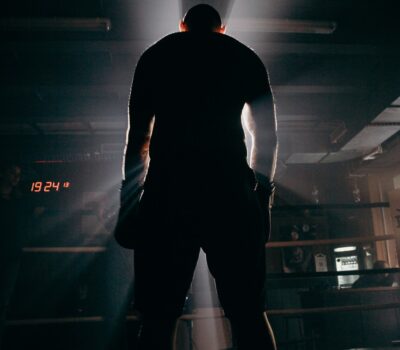
Read more
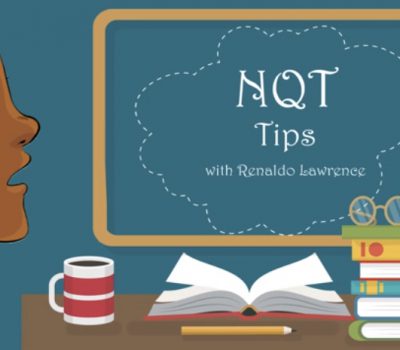
Read more

Read more
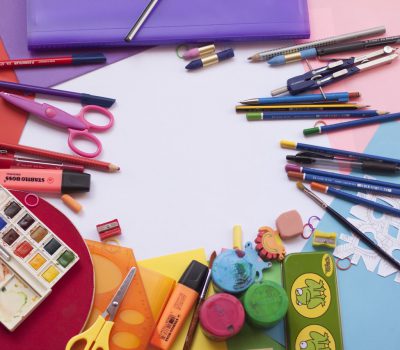
Read more

Read more

Read more
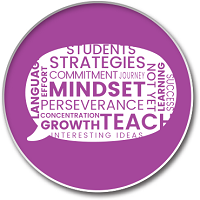
Read more


Are you looking for solutions? Let us help fund them! Nexus Education is a community of over 11,000 schools that come together to share best practise, ideas and CPD via online channels and free to attend events. Nexus also offers funding to all school groups in the UK via nexus-education.com


Established in 2011, One Education is a company at the heart of the education world, supporting over 600 schools and academies. Our unique appeal as a provider is in the breadth and synergy of the services we offer, supporting school leaders, teachers and support staff to achieve the best possible outcomes for their pupils and staff.

School Space is a social enterprise that has empowered schools for over 12 years through their profitable and hassle-free lettings services. So far, they’ve generated over £5 million in revenue for education, helping to connect over 200 schools with their local communities.


Operoo is a school operations and productivity platform. We help thousands of schools and trusts to eliminate slow, expensive and repetitive tasks. Operoo helps schools streamline and digitise processes, drastically reducing the associated costs: From student pre-admissions, permission forms, payments, and school trips; to medical information and emergency contacts, incident reporting, staff agreements, and more in over 100 languages.


Unify is an online sales and marketing tool that allows users to create tailored personalised documents in moments.

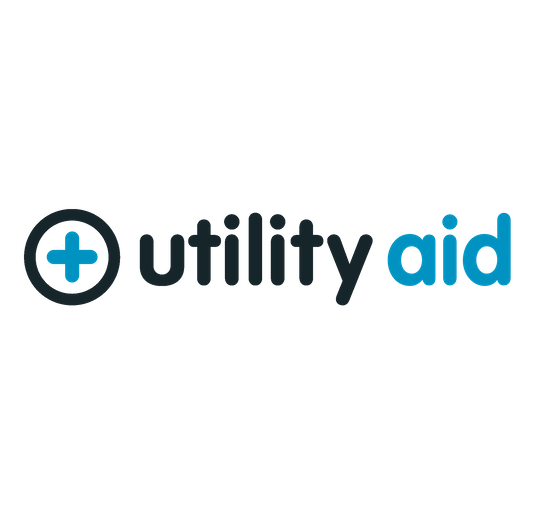
There’s nothing special about the energy we sell. In fact, it’s exactly the same energy as all our competitors provide. But there is something special about the way we do it. Where others complicate the process, we simplify it. Where others confuse customers with hidden terms, we’re an open book. And where others do all they can to make as much money from their customers as possible, we do all we can to make as little. Everything we do, we do it differently. Our customers are a privilege. One we’ll never take advantage of.


Securus provide market-leading monitoring solutions to safeguard students on ALL devices both online and offline. We also offer a full monitoring service, where we carry out the monitoring on behalf of the school, freeing up valuable staff resources. From the smallest school to large MAT groups, Securus offers safeguarding protection for all!


As European leaders of Time Management Solutions, Bodet offer Lockdown, Clock, Bell & PA Systems. Harmonys, our five-in-one IP/PoE Bell System, provides a unique customisable lockdown or panic alarm alert. Melodys, a Wireless Bell System, is useful where wiring can be difficult.

